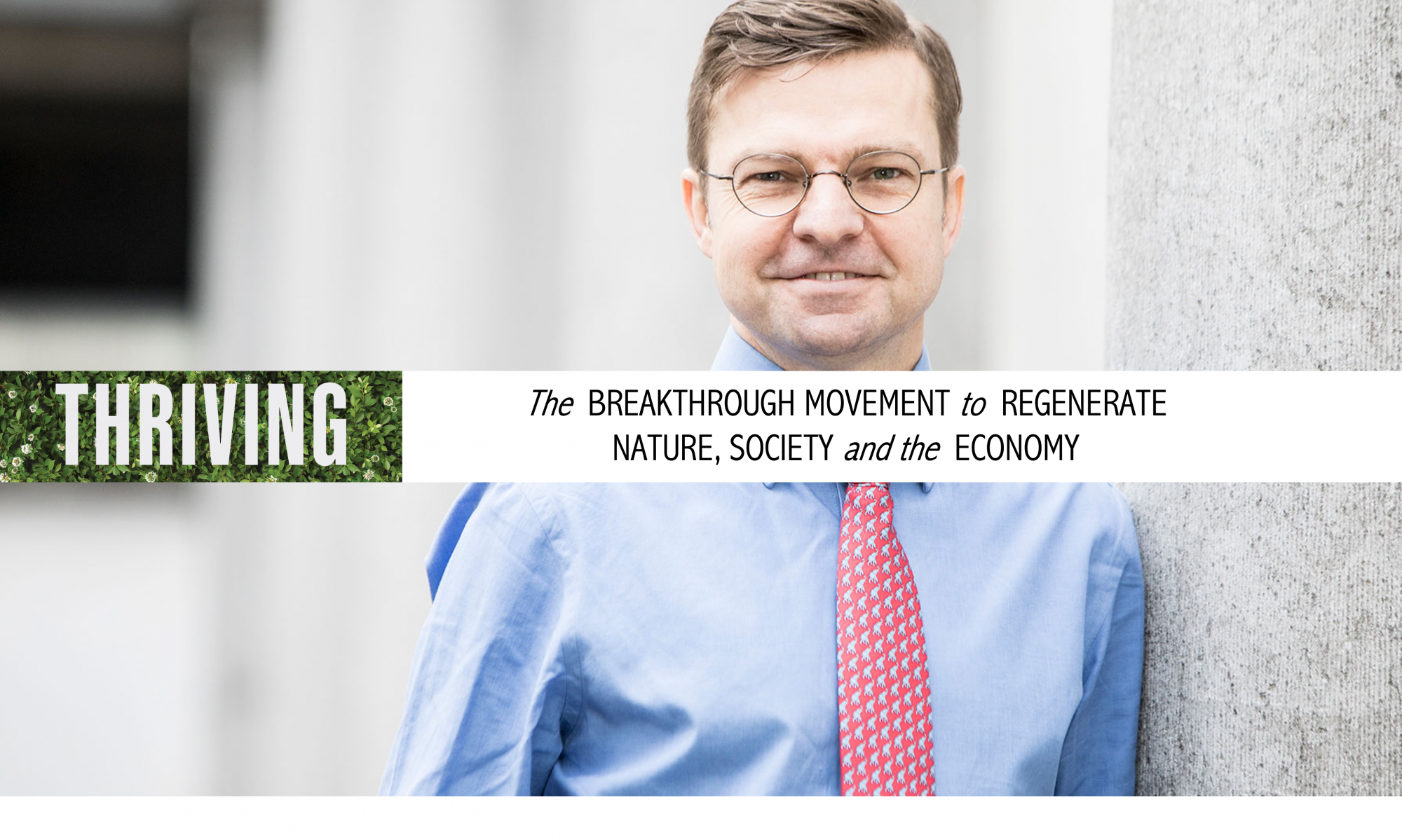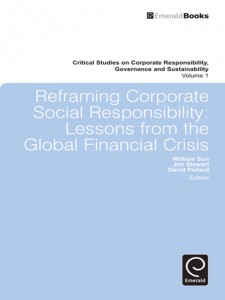Fat Cats versus Alley Cats:
Why the Occupy Movement is Right
Blog by Wayne Visser
Part 2 of 13 in Wayne Visser’s Age of Responsibility Blog Series for 3BL Media.
The most common explanation for the global financial crisis is to point a finger at the banks. And rightly so. But I believe we also need to shine a spotlight on the greed and irresponsibility of executives, fat-cats like Lehman Brothers’ former CEO Richard Fuld. These are the enriched 1% that suck the lifeblood out of the fleeced 99% and which the Occupy Movement is justifiably targeting. Naming and shaming is important, but we need to realise that this is a systemic cancer in our economic and financial system.
It is also not a new phenomenon, but worrying it is showing signs of getting worse, not better. In 2000, Enron was the 7th largest company in America, with revenues of $111 billion and over 20,000 staff. When the company collapsed in 2001, due to various fraudulent activities fuelled by a culture of greed, the average severance payment was $45,000, while executives received bonuses of $55 million in the company’s last year. Employees lost $1.2 billion in pensions; retirees lost $2 billion, but executives cashed in $116 million in stocks.
At the end of 2007, just before the crisis went public, Lehmans’ CEO Fuld and president Joseph Gregory paid themselves stock bonuses of $35 million and $29 million respectively. At the time, Fuld lived in an enormous Greenwich mansion, over 9,000 square feet, valued at $10 million. He had four other homes and an art collection valued at $200 million. Hardly a picture of responsible restraint.
Taken on their own, these executive pay packages are outrageous enough. But the extent of creeping executive greed comes into even sharper focus when we look at trends in relative pay. In 1965, U.S. CEOs in major companies earned 24 times more than a typical worker, a ratio that grew to 35 in 1978 and to 71 in 1989. By 2000, it had hit 298, and despite falling to 143 in 2002 (after the post-Enron stock market slump), it bounced back again and has continued rising through the noughties (2000s).
The Institute for Policy Studies Executive Excess report reveals that the 2010 ratio between average worker and average CEO compensation leaped to 325-to-1, up from in 263-to-1 in 2009. Among the nation’s top firms, the S&P 500, CEO pay last year averaged $10,762,304, up 27.8 percent over 2009. Average worker pay in 2010? That finished up at $33,121, up just 3.3 percent over the year before.
According to Fair Economy, the average U.S. worker’s salary could pay for 10 months of health insurance, 5 months of college tuition, and buy 10 percent of an average home. On the other hand, the average Fortune 500 CEO’s salary could pay for 300 years of health insurance, 200 years of college tuition and buy 34.5 new homes.
But at least these CEOs are contributing through taxes, right? Wrong. In fact, corporate …
Continue reading
[button size=”small” color=”blue” style=”download” new_window=”false” link=”http://www.waynevisser.com/wp-content/uploads/2012/04/blog_fat_cats_wvisser.pdf”]Pdf[/button] Fat Cats versus Alley Cats (blog)
Related websites
[button size=”small” color=”blue” style=”info” new_window=”false” link=”http://www.csrinternational.org/”]Website[/button] CSR International (website)
[button size=”small” color=”blue” style=”tick” new_window=”false” link=”http://www.waynevisser.com/books/the-age-of-responsibility”]Page[/button] The Age of Responsibility (book)
Cite this blog
Visser, W. (2012) Fat-Cats versus Alley-Cats: Why the Occupy Movement is Right, Wayne Visser Blog Briefing, 14 February 2012.







